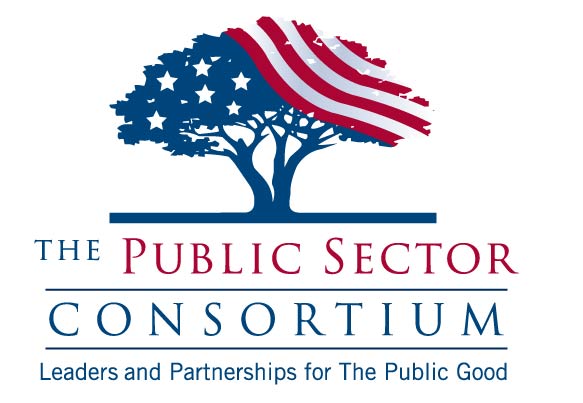Public Leaders educate and gain agreement on the unvarnished facts about the current reality. A leader’s willingness to confront the current reality with co-workers and citizens is an act of respect. It is the only way to focus on the gap between where you are and where you want to go. Without this collective understanding and agreement achieving shared goals and making shared decisions is impossible.
In today’s workplaces we encourage Public Leaders to take time to fully understand the workplace realities and the expectations of the people who depend on them. Some of the areas demanding our attention today are; backlogs in work due to the coronavirus, exhaustion levels of public servants and educators struggling to meet the needs of citizens during both health and environmental crises, changes in financial projections and changing directives on how to deal with the current pandemic. By not acknowledging our current realities and adjusting our sails accordingly, we threaten the sustainability of our public workforce and the ability of our governance systems to function.
We are re-visiting Jim Collins’ book Good to Great. His words in chapter four entitled Confront the Brutal Facts (Yet Never Give up Faith) are guides for how we can plan and react to current realities in the public sector. “Yes, leadership is about vision. But leadership is equally about creating a climate where the truth is heard and the brutal facts (of your current reality) confronted.”
”You must never confuse faith that you will prevail in the end-which you can never afford to lose- with the discipline to confront the most brutal facts of your current reality, whatever they might be.” Quote from Admiral Jim Stockdale, prisoner of war during the height of the Vietnam War tortured over twenty times during his eight-year imprisonment.“
Collins suggests a strategy for how to acknowledge the “brutal truth” and then confront the implications with those we work with by “Creating a climate where the truth is heard”. He suggests four practices to assist with this process:
- Lead with questions, not answers.
- Engage in dialog and debate not coercion
- Conduct autopsies without blame
- Build red flag mechanisms that turn information into information that cannot be ignored.
The Public Sector Consortium created a template for individual public managers and leaders to use with their staff and co-workers to help them assess where they are, engage in dialog and create realistic expectations and goals.
- What did you set aside or were unable to staff due to COVID and/or Environmental response work? What does your backlog look like? What do we need to address?
- How much of your work cannot be adequately handled at the same rate because we have to practice social distancing?
- How long do you estimate it will take you to get through the back log and what are your plans? Do you need help from other departments or from me?
- What targets do we need to adjust in our strategic plans or project management plans?
- What are some best practices you have developed with your staff that you might use in the future as we return to normalcy?
- How do you want to bring other partners into this conversation (citizens, council members, regional partners etc.)? How can we best manage their expectations?

